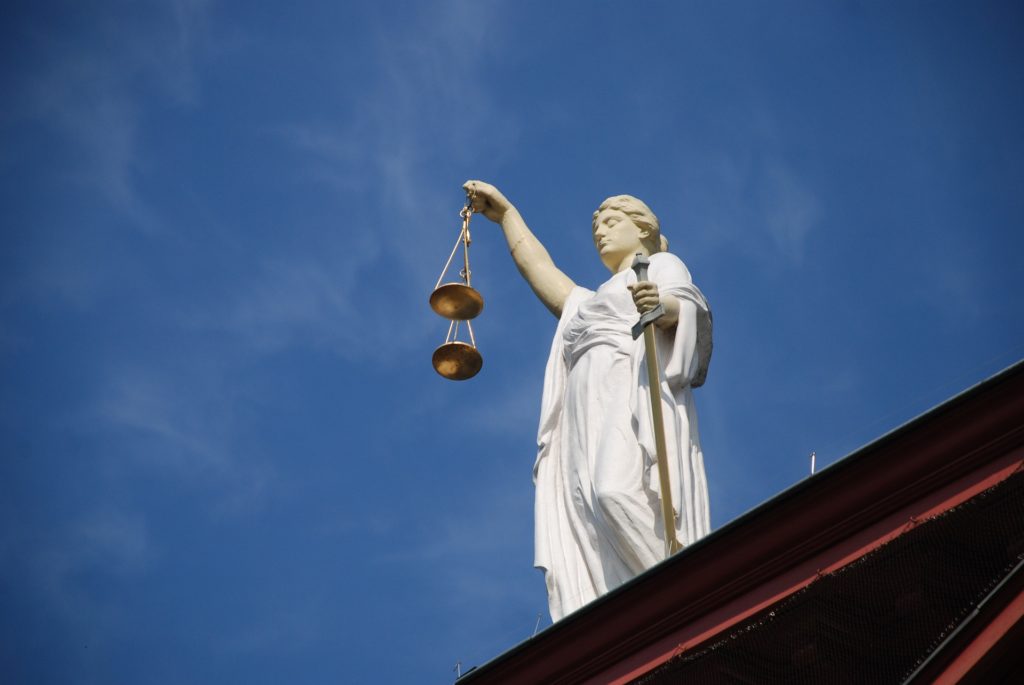You are a litigator preparing a case in the United States. Your case is now in the discovery phase and you want to depose a key witness who is located in the PRC. This witness is either unable or unwilling to come to the United States and so their deposition must be taken in China. How do you go about taking this deposition?
Though deposing a Chinese witness in China for a US court case is theoretically possible, it is nearly impossible in real life. This is because depositions require the deponent/witness swear under an oath to provide truthful testimony and China has very strict laws regarding the administering and swearing of oaths. China generally regards the administering of oaths by foreign attorneys and consular officials as violating China’s judicial sovereignty and it imposes penalties, including arrest, detention, expulsion, or deportation on all participants in the oath. Even conducting a deposition in a hotel room with an oath by private persons could result in criminal penalties under Chinese law.
If you are involved in litigation and wish to take a deposition of a Chinese citizen you should seek permission from the Chinese authorities. On the flip side, if you want to block the deposition of a Chinese citizen you should raise a timely objection to the deposition as illegal under Chinese law.
The international dispute resolution lawyers at my firm has been involved in a number of cases where it has made sense to depose Chinese witnesses in China and in none of them did it ever occur. Instead, the following happened:
1. In one case, the opposing party wanted to depose five witnesses in Hong Kong. We moved to require the opposing party to at least try to secure Chinese government approval for these depositions to go forward in China. We pointed out that my firm had lawyers in China who could handle the depositions there and that flying one of them to Hong Kong to cover a deposition would greatly increase costs. The court denied our motion and the depositions went forward in Hong Kong.
2. In one case, we were representing the defendant and two China witnesses who were absolutely critical to plaintiff’s case. The case ended up settling before trial for nuisance value when it became clear plaintiff”s two witnesses would never leave China to be deposed or to testify at trail and the plaintiff’s attorney could not figure out what it needed to do to take these depositions.
3. In one case, we brought a key witness to the United States for deposition.
One possible option would be to convince a Chinese witness to be deposed within a US embassy or consulate. My firm has taken depositions overseas in US embassies, consulates, and on US military bases, but never in China. The problem with China is that the cost/risk of seeking to depose someone in China (even at a consulate or embassy) is so high that it is usually just easier to fly the witness to some other country for the deposition.
I would love to hear what others have done to depose Chinese witnesses for foreign court cases.
January 23, 2023 UPDATE: Thanks in large part to COVID, U.S. courts are much quicker to allow video depositions today than when this post was written nearly 15 years ago. This has made deposing willing witnesses in China far safer and easier, though it is not clear how safe it is for a witness in China to take an oath and it may still be possible to block a deposition based on that. Then again, I’m guessing most courts would just say that the deposition should go forward without an oath and it will consider that fact in determining the weight to apply to the deposition testimony.

























